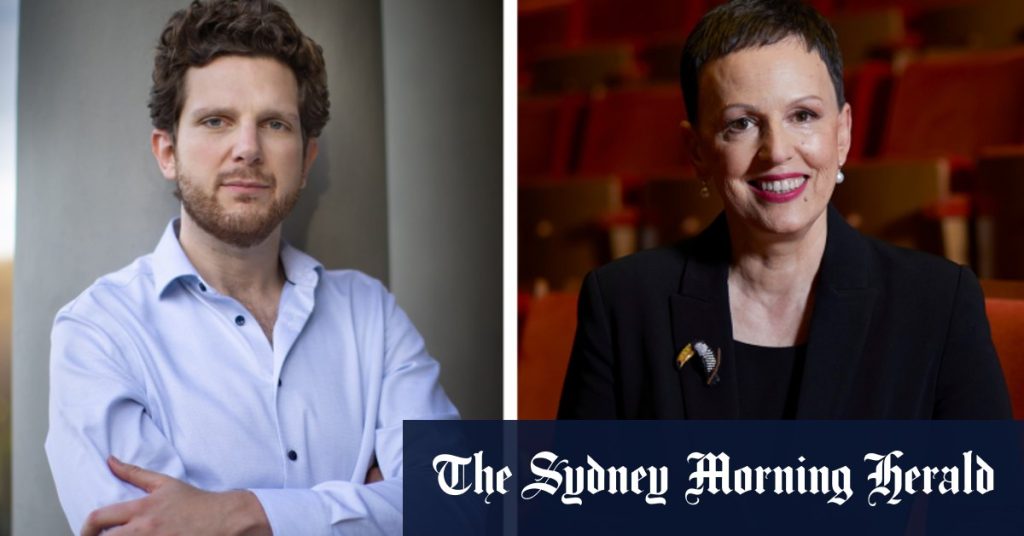Months before the Melbourne Symphony Orchestra (MSO) became embroiled in controversy over the war in Gaza, relationships between key players in the organization were strained to the point of dysfunction. The departure of managing director Sophie Galaise and the board’s loss of confidence in her leadership ability resulted from a crisis created by the cancellation of a pianist’s performance over comments about Gaza. This administrative cold war within the MSO had been ongoing for months, leading to the organization being without a managing director and under external review.
The breakdown in trust between Galaise and the board began when questions were raised about payments totaling nearly $300,000 authorized by Galaise to a Sydney production company. These payments were made to secure the international relations expertise of Rory Jeffes, a former managing director of the Sydney Symphony Orchestra and chief executive of Opera Australia. Despite explanations from Galaise, the board referred the matter to external review, which was inconclusive. This led to doubts about Galaise’s leadership and her decision-making processes.
Pianist Jayson Gillham’s performance, which included comments about Israel’s actions in Gaza, did not initially provoke a strong reaction from the Jewish community or members of the audience. However, the decision to cancel his second performance led to backlash from pro-Palestinian activists, who saw Gillham as a martyr for his political statements. The MSO board, believing that Galaise had overreacted, sought to rectify the situation, but ultimately had to cancel the second show due to safety concerns regarding expected protests.
As the crisis unfolded, Galaise’s relationship with the board worsened, with disagreements over crisis management and priorities. Despite calls for her resignation from MSO musicians and concerns about ongoing mismanagement, Galaise initially continued in her position. However, the culmination of internal strife, unresolved concerns, and a decline in workplace culture ultimately led to her resignation. The MSO is now working on addressing the complex issues within the organization and determining a path forward.
The handling of the crisis involving Gillham highlighted deeper tensions within the MSO, stemming from decisions made during the COVID-19 pandemic, such as standing down the entire orchestra to protect the company’s financial position. The lack of confidence in Galaise and unresolved concerns within the organization have led to a period of transition and reflection for the MSO. Efforts are underway to improve the workplace culture, address management issues, and rebuild trust between key players in the organization.
In the aftermath of the crisis, the MSO is undergoing an independent review led by Peter Garrett, with a focus on protocols and policies that regulate artistic expression. The organization is also working on finalizing the terms of the external review and exploring ways to move forward in a more cohesive and inclusive manner. As the MSO navigates this challenging period, there is a commitment to addressing past issues, learning from the experience, and rebuilding relationships to ensure the continued success and resilience of Australia’s oldest professional orchestra.


